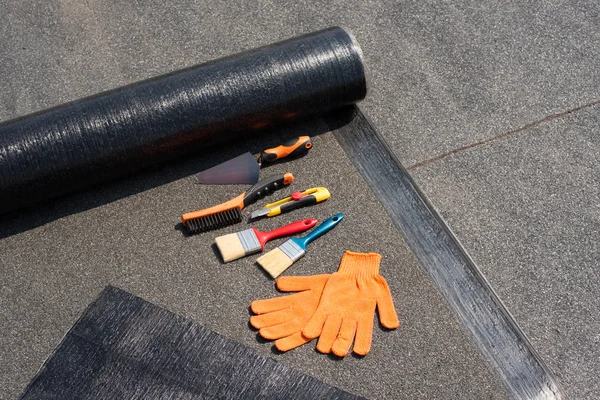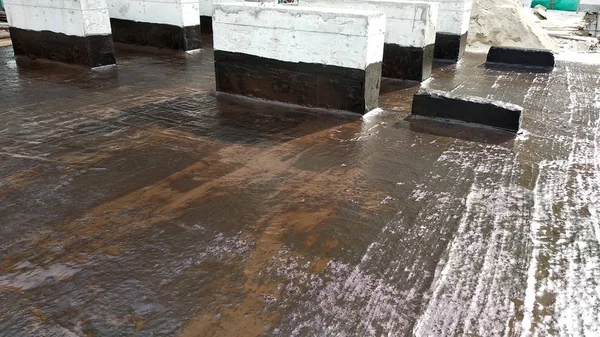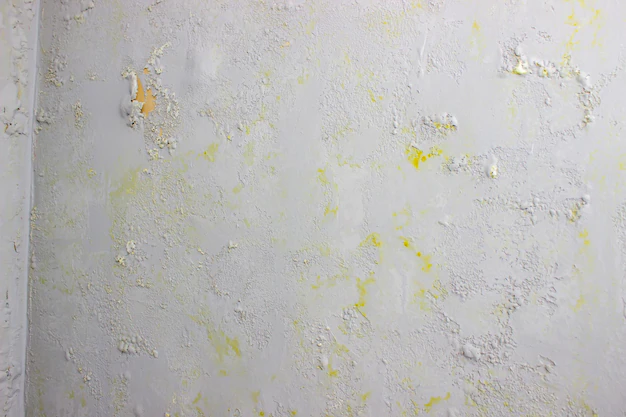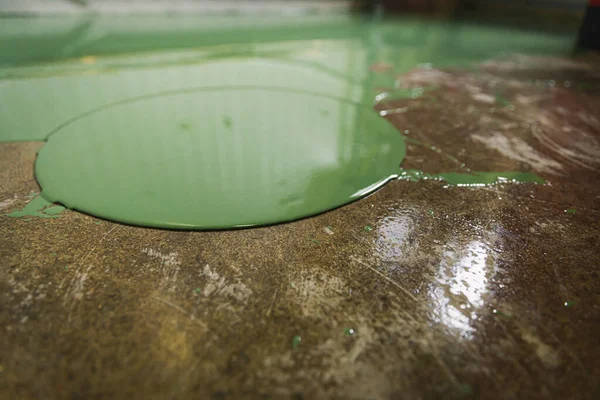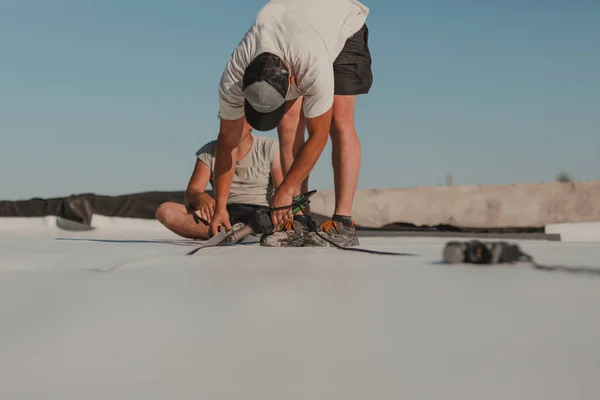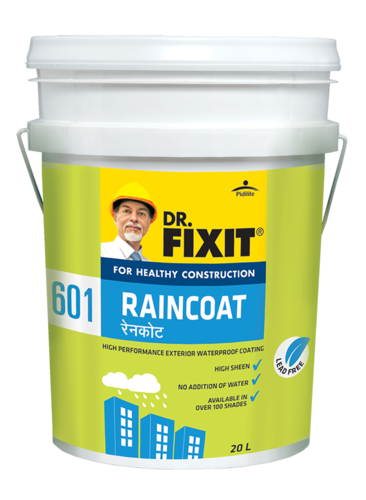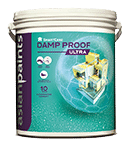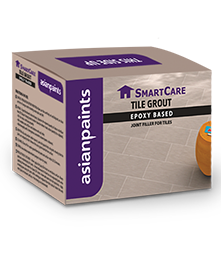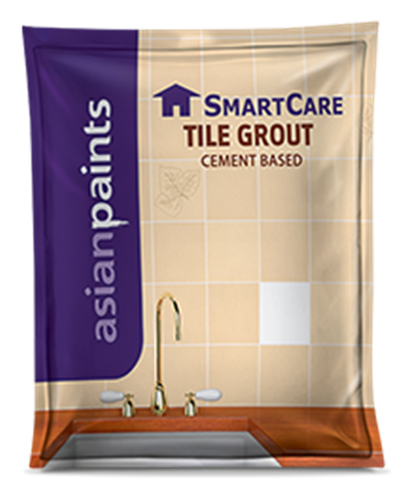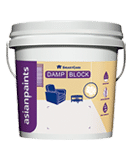
What is WaterProofing?
'The process of making the structure of a building waterproof by using chemical compounds is called waterproofing.' It is the only solution to keep the roofs, walls, balconies, and basements of the building moisture-free and water leakage. Waterproofing not only protects the interior from damage but also strengthens the structure of the house. The product and method of waterproofing are selected based on the surface of the water leak in the building and the severity of the problem.
